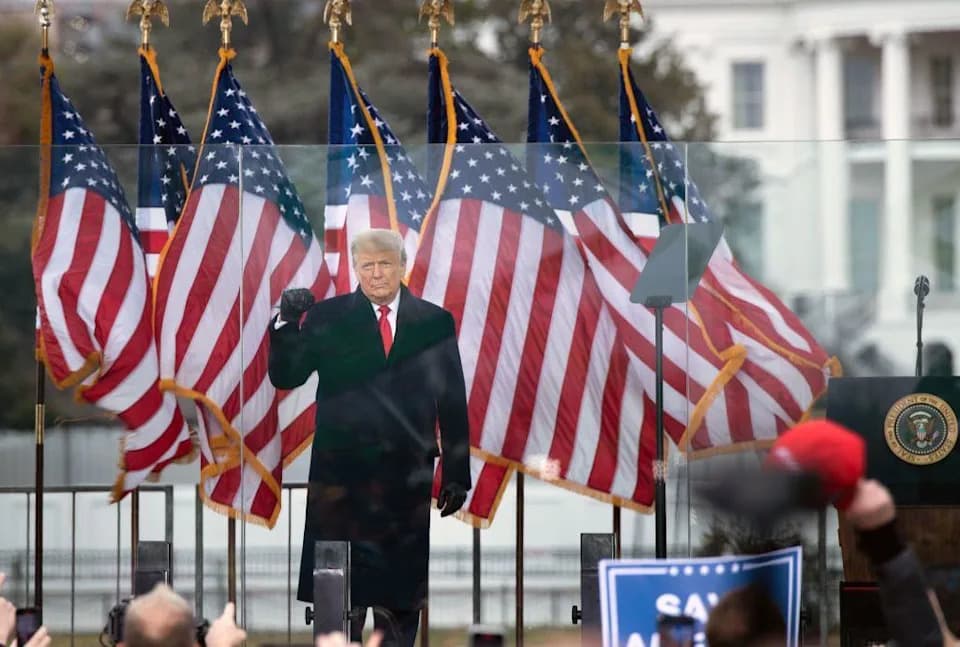The 11th U.S. Circuit Court of Appeals unanimously refused to revive former President Trump’s $475 million defamation lawsuit against CNN, ruling that calling his 2020 election claims the “Big Lie” is a protected opinion rather than a provable falsehood. The panel — including two Trump appointees — affirmed a prior dismissal by Judge Raag Singhal. Trump may ask the full 11th Circuit or the Supreme Court to review the decision, and his team has signaled it will appeal.
Appeals Court Rejects Trump’s $475M Defamation Suit — Calls CNN’s “Big Lie” Label Protected Opinion

11th Circuit: CNN’s “Big Lie” Characterization Is Opinion, Not Defamation
A federal three-judge panel of the U.S. Court of Appeals for the 11th Circuit unanimously declined to revive former President Donald Trump’s $475 million defamation lawsuit against CNN. The court held that the network’s repeated description of Trump’s 2020 election fraud claims as the “Big Lie” is a protected expression of opinion under the First Amendment and not a provable false statement of fact.
The panel — which included two judges appointed by Trump and one appointed by President Obama — said Trump’s case rested on treating his own view of events as the only true interpretation while labeling CNN’s contrasting characterization as false. The court concluded his actions are susceptible to multiple subjective interpretations, including CNN’s.
“Trump’s argument hinges on the fact that his own interpretation of his conduct — i.e., that he was exercising a constitutional right to identify his concerns with the integrity of elections — is true and that CNN’s interpretation — i.e., that Trump was peddling his ‘Big Lie’ — is false,” the opinion said. “However, his conduct is susceptible to multiple subjective interpretations, including CNN’s.”
Writing for the panel, Judge Adalberto Jordan (an Obama appointee), joined by Judges Kevin Newsom and Elizabeth Branch (both Trump appointees), explained that CNN’s characterization is a subjective assessment that cannot readily be proven true or false and therefore does not support a defamation claim.
The decision affirms an earlier ruling by U.S. District Judge Raag Singhal of Florida, who dismissed the lawsuit in July. Trump’s suit, filed in 2022 by his then-personal attorney Lindsey Halligan, argued that the term “Big Lie” was meant to evoke comparisons to the Nazis. Judge Singhal rejected that argument, noting that opinions—even objectionable ones—are not actionable as defamation unless they convey false factual allegations.
Trump may seek rehearing by the full 11th Circuit or appeal to the U.S. Supreme Court; a spokesperson for his legal team said he “will pursue this case against CNN to its just and deserved conclusion.” CNN declined to comment.
The ruling is a setback for Trump’s broader campaign of lawsuits against mainstream media outlets. He has secured settlements with some networks’ parent companies while encountering legal obstacles in other cases, including those against The New York Times and CNN. He has also threatened litigation against the BBC over its edit of his Jan. 6, 2021, speech on the Ellipse.
Help us improve.




























